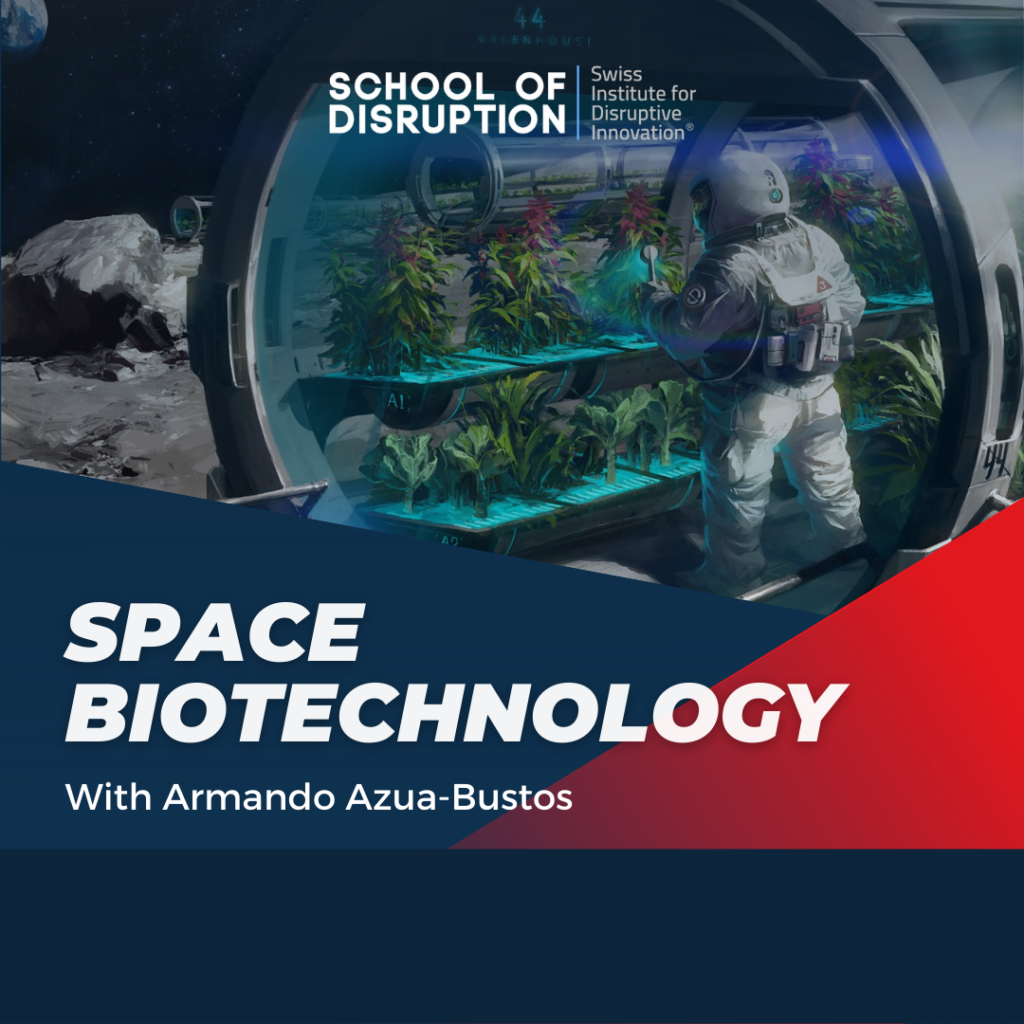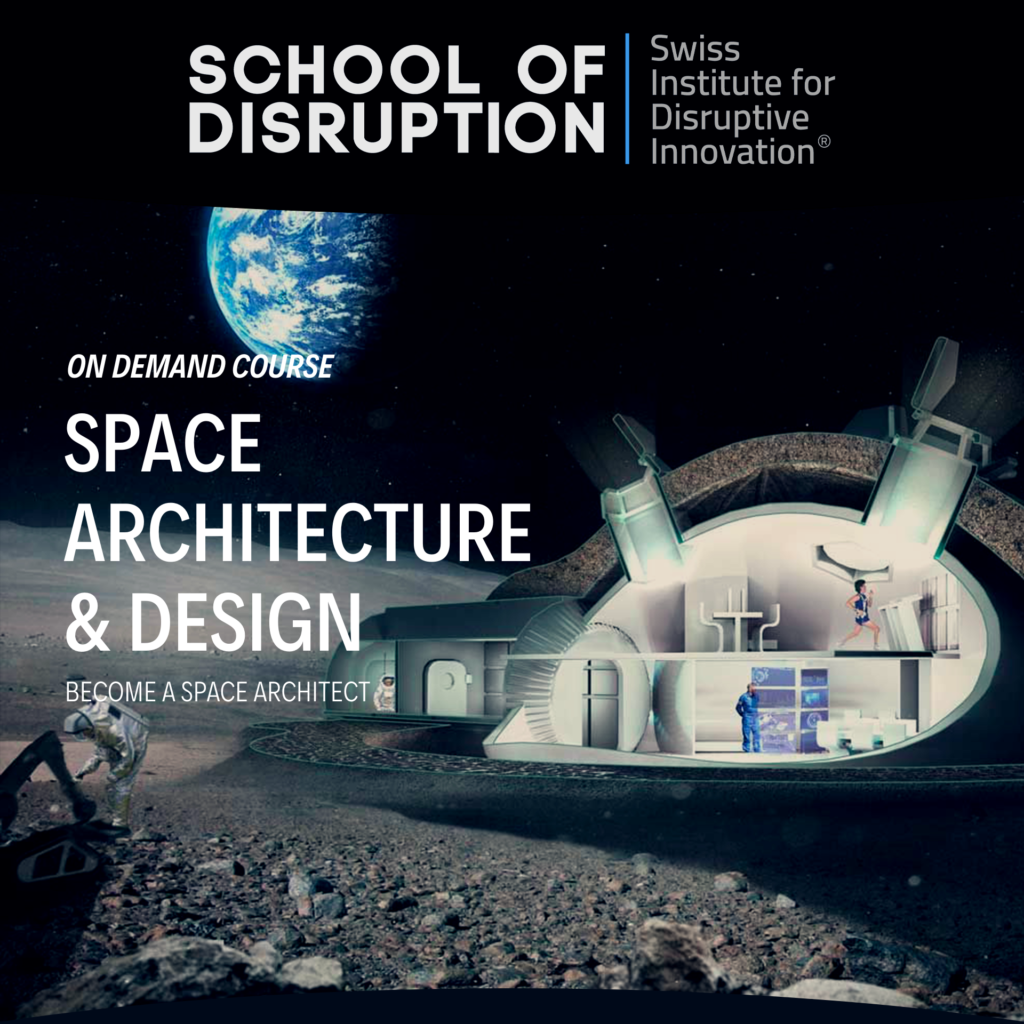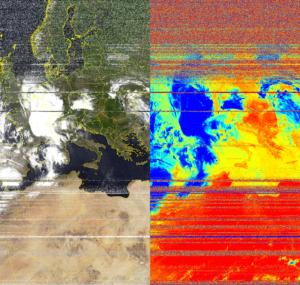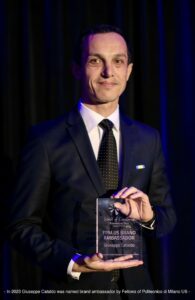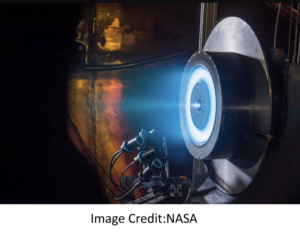About:
In-Space Missions Ltd is an innovative and exciting space company operating from dedicated satellite manufacturing facilities in Alton, Hampshire, UK. Formed in 2015, In-Space has become the leading UK owned space prime, offering the first payload rideshare service in Europe and dedicated spacecraft-design/build/operate capability to customers across large and small industries like government, and space agencies and academia.
In-Space successfully launched Faraday Phoenix in July 2021, its first payload rideshare satellite on-orbit and has multiple more satellites in build due to launch during 2022 and 2023. In-Space has a fun and dedicated team that values hard work, a positive attitude and solution-focused thinking. We welcome applicants who will embrace their roles and take responsibility for their work. Working in a small company needs flexibility which works both ways, ensuring that everyone has an excellent work-life balance.
Open Positions:
As a Summer Student at In-Space Missions, you will work in a small team amongst some of the most talented people in the industry. Learning from these skilled and experienced individuals, over the course of your 4-8 week placement, you will get an amazing insight into the world of satellite payload rideshare.
The two opportunities available could involve projects ranging from satellite programming, data analysis and product development, to getting involved in the actual build. Supported by your manager, and with guidance from the Head of Outreach, you will be assigned one of our small business projects to work on and present at the end of your placement.
Requirements:
In-Space Missions Ltd is looking for undergraduates (in either their 2nd or 3rd year of study) with skills in programming (C) to work on electronics, systems and AOCS (attitude and orbit control system) projects. More specifically:
– On track to achieve/on target for a 2:1 or higher in a Science, Engineering or Aeronautical degree or higher
– Proven ability to work well as a member of a team.
Experience in/ knowledge of the following areas:
– Problem solving
– Logical thinking
– Viewing problems from multiple user perspectives
– Communicating with customers or stakeholders
– Working with numbers
Experience in/ knowledge of some of the following areas would be advantageous, but is not essential as training will be provided:
– Space Industry
– Programming in C, Python or another language
General skills:
– Proficient with MS Office Suite (Word, Excel, Powerpoint, Project);
– Excellent communicator, both written and verbal;
– Confident in using web based software tools;
– Confident working in project delivery and bid teams.
Qualities:
– Self-starter;
– Works well in a team;
– Autonomous worker;
– Positive and helpful attitude;
– Willingness to learn;
– Attention to detail;
– Organised;
– Calm and professional approach to work;
– Logical;
– Empathic.
Deadline:
Apply before: 12/06/2022

